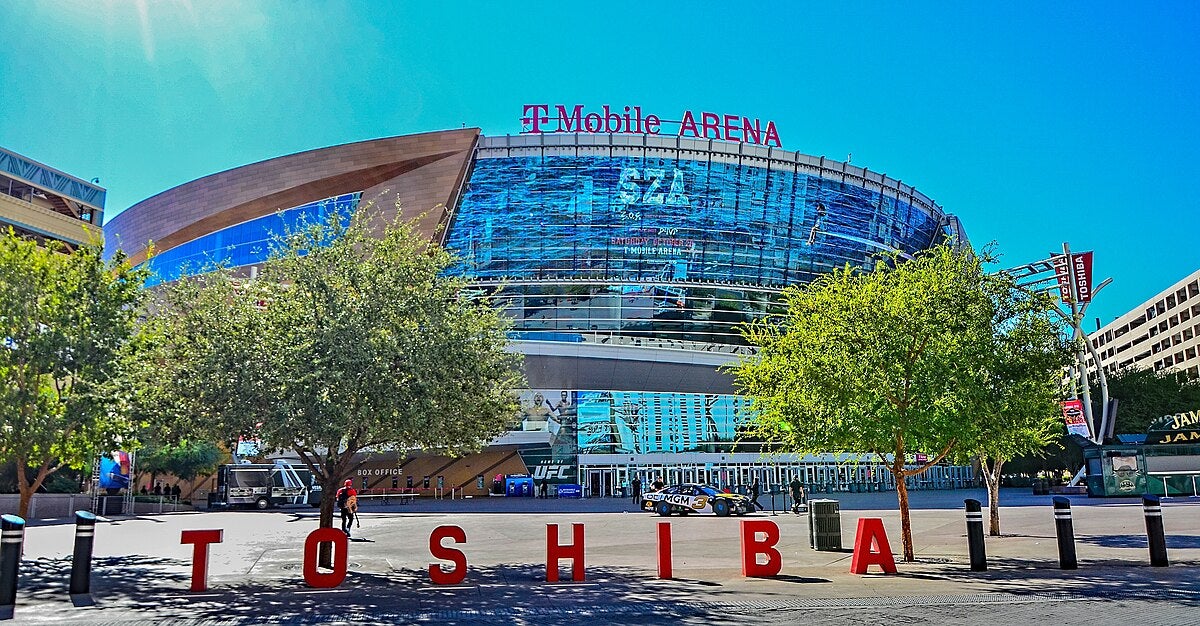Blurred Regulatory Lines
Prediction markets dominated debates at this year’s G2E as regulators clashed over how to classify the sector. Miller accused operators of rebranding gambling as “sporting event contracts” or “skill games” to evade oversight. “Why all this deception? It’s simple,” he said. “They want the opportunity, but they don’t want any of the regulatory compliance.”
Kalshi CEO Tarek Mansour countered such criticism, stating, “If we are gambling, then you’re basically calling the entire financial market gambling.” The platform’s sports markets, launched in January, now rival political bets, such as its $500 million 2024 presidential election pool.
An AGA poll found 85% of Americans equate sports contracts with gambling that requires state-level regulation. However, Kalshi’s surging Super Bowl and 2028 Democratic primary markets appear to defy this stance.
Tax Loopholes Fuel Conflict
MGM Resorts CEO Bill Hornbuckle condemned the regulatory edge of prediction markets during his G2E keynote, arguing that they exploit major disadvantages for casinos by operating untaxed and unmonitored.
While consultant Dustin Gouker acknowledged that Kalshi’s $150 billion legal sports betting market pales in comparison to industry totals, he warned that the frictionless model threatens states with legal wagering. For instance, allowing online deposits on these platforms violates Nevada’s mandate to place in-person bets.
Nevada Gaming Control Board (NGCB) escalated its crackdown in March, declaring Kalshi’s sports and election contracts illegal without a license. “It’s a difference that I think could definitely impact Nevada as time goes on,” Gouker explained.
Balancing Compliance and Innovation
NGCB Chairman Mike Dreitzer struck a gentler note than Miller at G2E, emphasizing that regulators are open to innovation, but it must be done in accordance with the law. While supporting “new styles” of gambling experiences, he stressed the need for balance.
MGM’s Hornbuckle displayed conditional interest, stating the company would enter prediction markets “if it were to break through.” Arizona regulator Jackie Johnson warned that such platforms lack critical safeguards, such as AML protocols and dispute-resolution mechanisms.


































.jpg)

